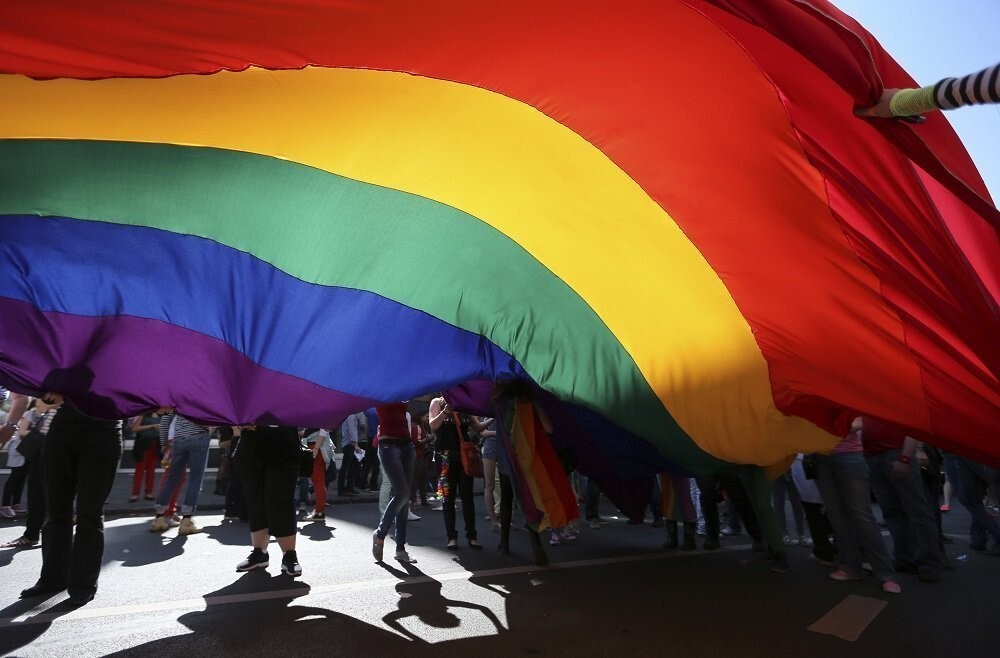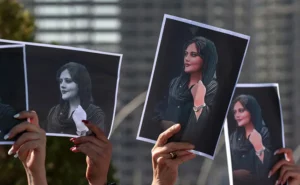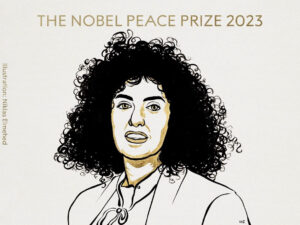Though Pride started more than 50 years ago in the streets of New York, over the decades its traditions of protest for liberation, celebration of diversity and pride in our identity has spread across the world. Pride belongs to everyone, everywhere. It is at its core a protest for justice and a celebration of our shared humanity.
This Pride as we celebrate our LGBTQ+ community and the progress made in advancing their rights around the world, we also acknowledge the continued struggle for equality, dignity, and acceptance. While the United States has taken great leaps in recent decades to recognize the rights of LGBTQ+ peoples, in many parts of the country this community still faces discrimination and an expanding campaign to restrict their hard-won legal rights. As such, we must continue to do the work to educate the public and advocate for disenfranchised groups. But as Iranian Americans, Pride is also a reminder of the draconian laws and appalling treatment of the LGBTQ+ community in our country of heritage.
While Iran accepts the transgender community, it criminalizes the gay community. Not only does the Iranian government outlaw homosexuality, it also imposes abhorrent punishments on those “accused.” In fact, according to Iranian law, homosexuality is punishable by execution. This horrific notion—that someone can be put to death for who they are or who they love—is doubly disturbing for its criminalization of Iran’s gay community and the use of the death penalty under any circumstance, which is itself an abuse of human rights. Last October, Iranian activist Zahra Sedighi-Hamadani—known as Sareh—was detained for her “real or perceived sexual orientation” and for speaking up for LGBTQ+ rights, and appearing in a BBC documentary. Earlier this year, Amnesty International called for the activist’s release who was held in solitary confinement and charged with “spreading corruption on earth” and “promoting homosexuality.”
Beyond the unjust laws of the land, its political leaders have reinforced the social taboo of homosexuality in Iranian society, such as then President Mahmoud Ahmadinejad claiming there are no gay people in Iran in 2007, or then Foreign Minister Javad Zarif callously justifying this inhumane treatment with legal jargon and “moral principles” in 2019. In effect, the Iranian legal system—along with officials—create an atmosphere of prejudice and ignorance that have deeply negative impacts on the lives of Iran’s quite-existent LGBTQ+ community.
That is why this Pride we also remember Alireza Fazeli Monfared, a 20-year-old Iranian youth who was brutally murdered last year by his own family for being gay. Though his death was not at the hands of the government, a state that criminalizes and punishes people simply for who they are, rather than protecting the rights of all its citizens, is also culpable for crimes committed in the name of the bigotry it endorses.
Back to top

